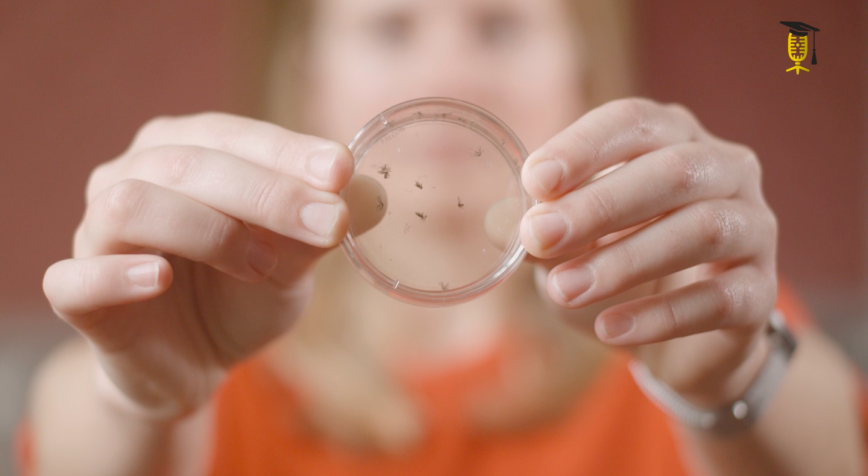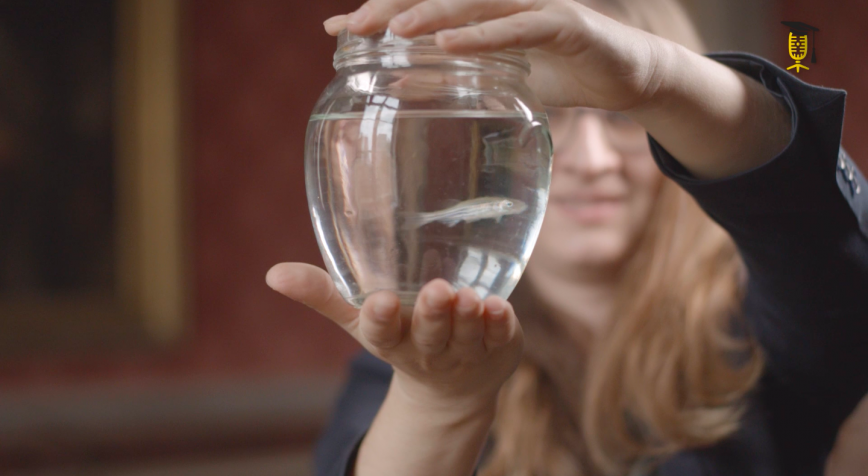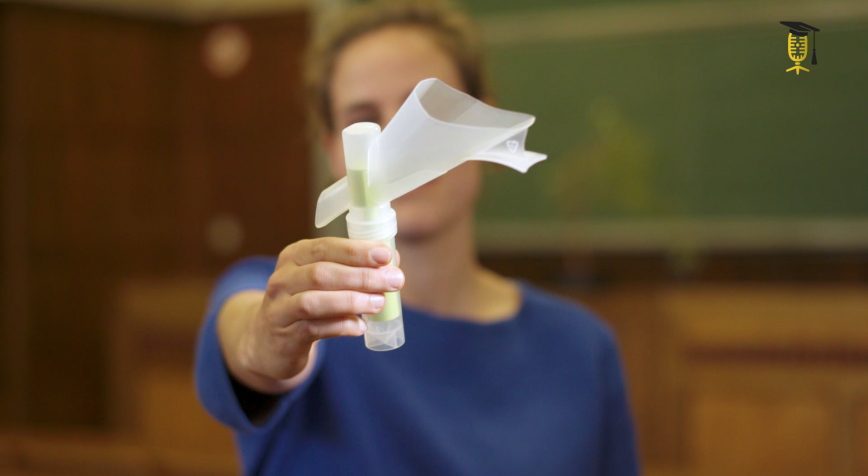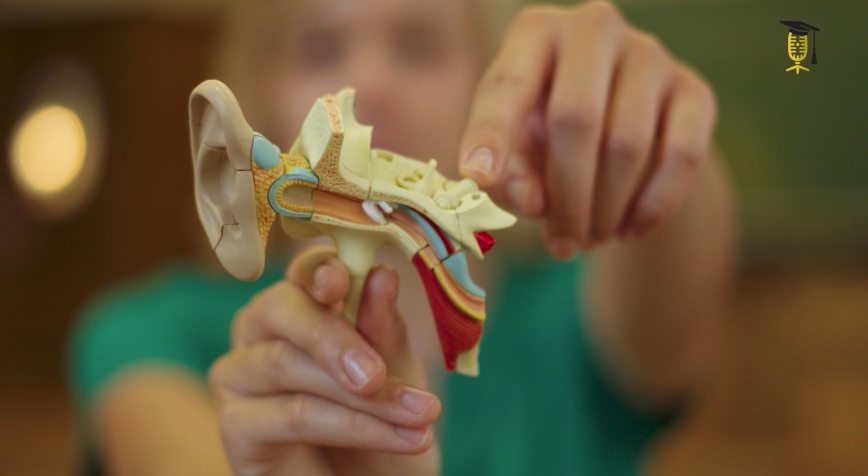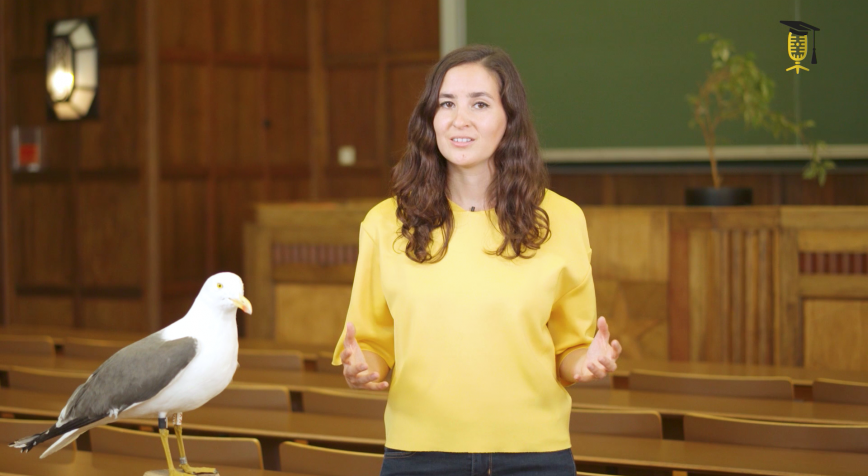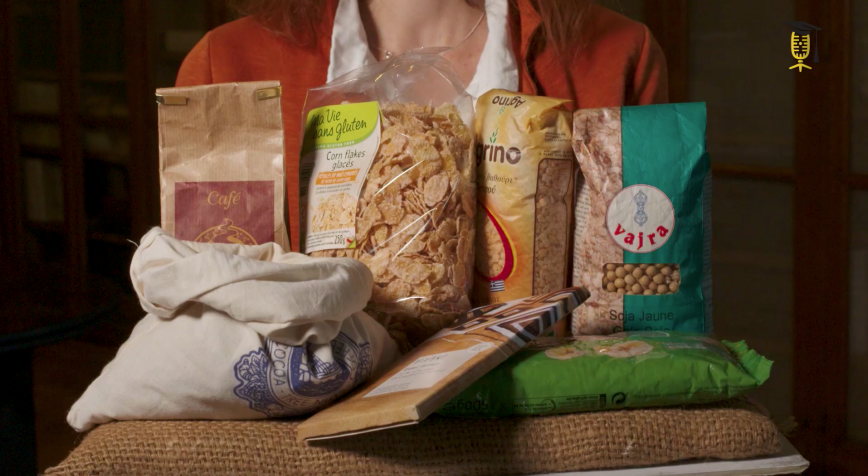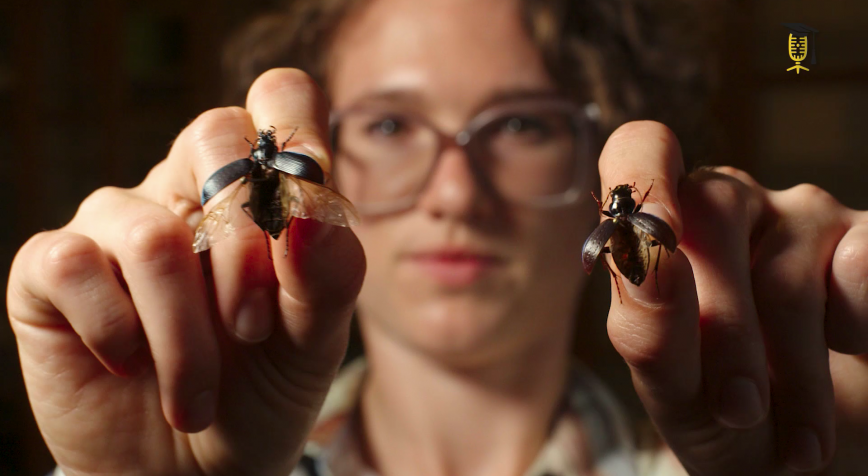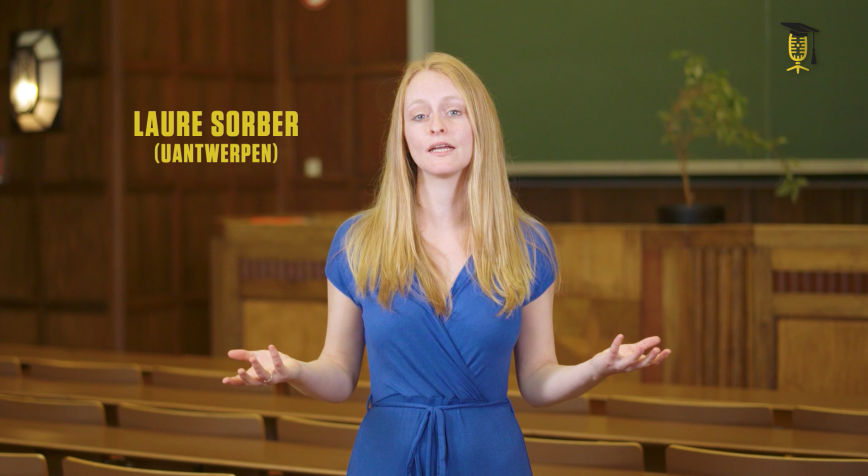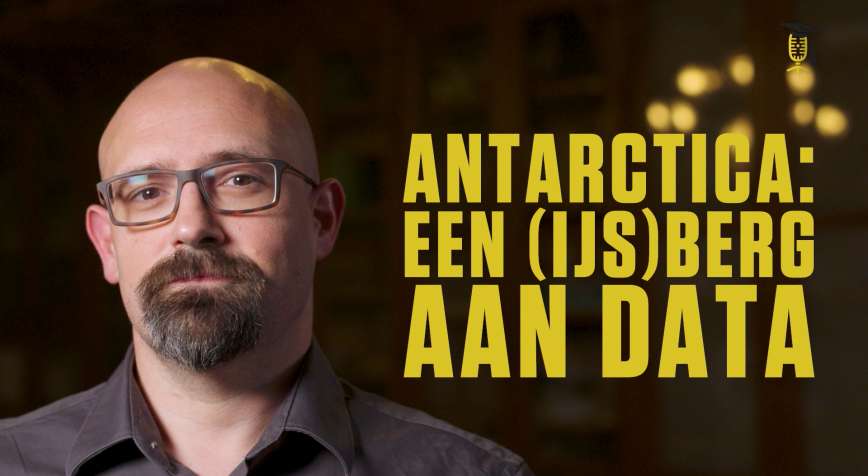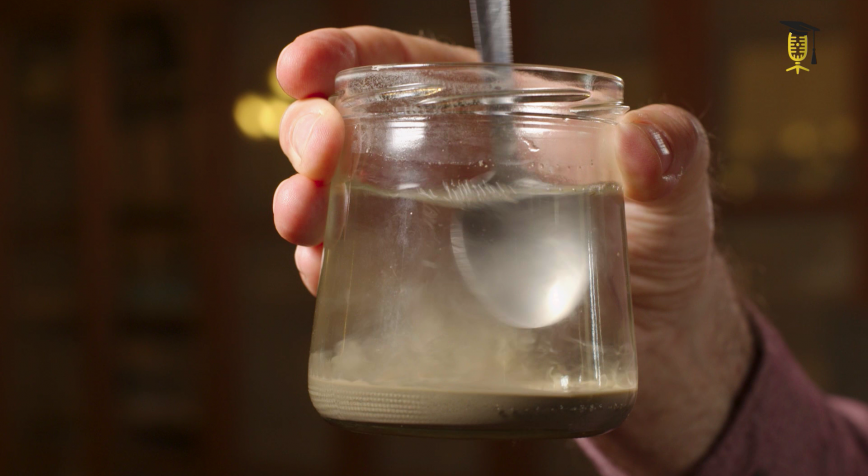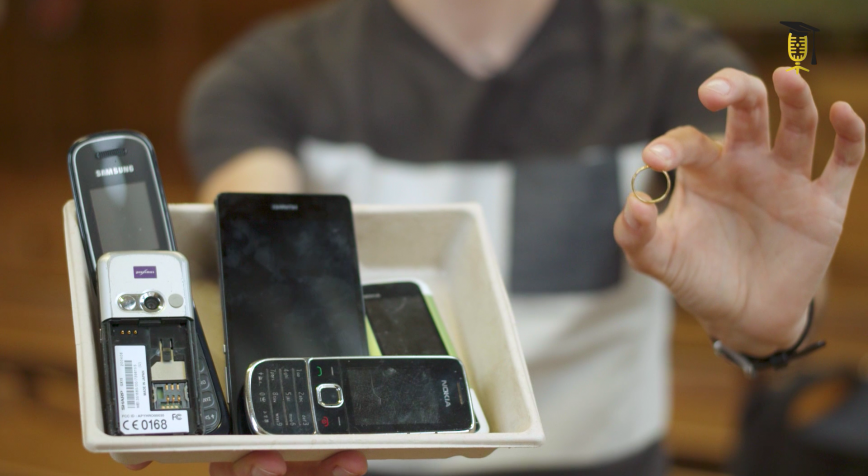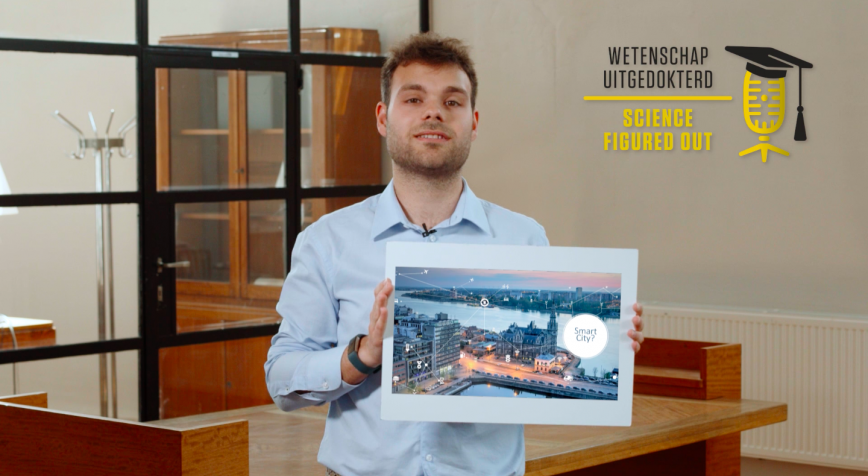
imec
UGent
Smart cities are transforming their urban services
Imagine a city where street lighting only functions when there are cars nearby and where waste bins alarm garbage trucks when they're full and need to be emptied... This might soon become reality, but only if we manage to process the huge amount of data that these smart devices will produce. That's what José Santos is trying to accomplish in order to turn our cities into smart cities.
